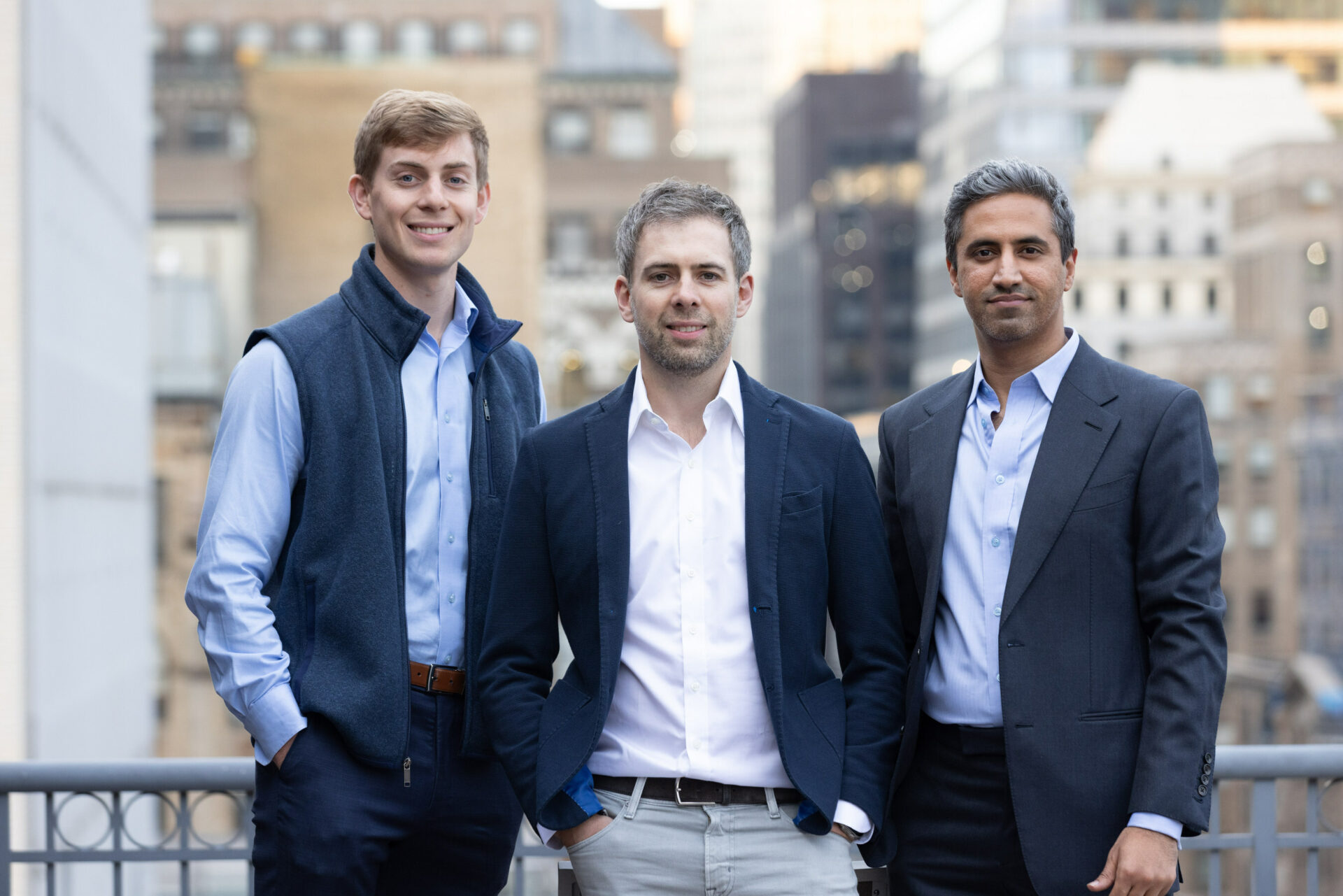Philosophies of Self: East-West Distinctions |
Watch the newest video from Big Think:
Join Big Think Edge for exclusive videos:
———————————————————————————-
People in the East and West really do think differently, especially when it comes to self-identity. Depending where you live, it’s either associative or distinctive thinking that shapes your sense of self.You can learn a lot about yourself by looking through the lens of a different worldview. Gish Jen presents that awareness here by comparing notions of self-identity in the Eastern world and in the West. Having grown up with a foot in each culture, she’s in the ideal position to show the differences in how the self operates in America and Asia—without prescribing the idea that one system is better than the other. In her analysis, Westerners have a “pit-self”, like an avocado, where our center is this unique individual self that must be expressed in every choice we make. We are always trying to differentiate ourselves from others, it’s central to every choice we make. Easterners are undoubtedly all individuals, but they ascribe to a “flexi-self” which is more interdependent, and focused on their place within a community or family. It’s more about duty, than rights. The differences are fascinating and, if you’re a westerner, it might drag into the spotlight the interesting ways in which you assert your individuality. Gish Jen’s most recent book is The Girl at the Baggage Claim: Explaining the East-West Culture Gap.
Gish Jen’s most recent book is The Girl at the Baggage Claim: Explaining the East-West Culture Gap.
———————————————————————————-
GISH JEN:
Gish Jen is the author of six previous books; she has published short work in The New Yorker, The Atlantic Monthly, and dozens of other periodicals and anthologies. Her work has appeared in The Best American Short Stories four times, including The Best American Short Stories of the Century, edited by John Updike. Nominated for a National Book Critics’ Circle Award, her work was featured in a PBS American Masters’ special on the American novel, and is widely taught.
Jen is a member of the American Academy of Arts and Sciences. She has been awarded a Lannan Literary Award for Fiction, a Guggenheim fellowship, a Radcliffe Institute for Advanced Study fellowship, and numerous other awards. An American Academy of Arts and Letters jury comprised of John Updike, Cynthia Ozick, Don DeLillo, and Joyce Carol Oates granted her a five-year Mildred and Harold Strauss Living award; Jen delivered the William E. Massey, Sr. Lectures in the History of American Civilization at Harvard University in 2012. Her most recent book is The Girl at the Baggage Claim: Explaining the East-West Culture Gap.
———————————————————————————-
TRANSCRIPT:
Gish Jen:
In the United States generally we have a model of self where the self is kind of like an avocado, right. We have a “pit” inside of us. The pit is ourself, our essence, our identity. It is the thing to which we must above all be true. And, of course, very importantly we see that pit as unique. So that everything we do we want to show, to reflect that pit. We like that self and we want it to be unique. In Asia people frequently have a “flexi-self”. So it’s a different kind of self. It is a self that’s oriented more to duty than to rights for instance. And very importantly, it does not have a cultural mandate to be different and to be unique.
People in the East are not all alike. So if you looked at my family, believe me, every single person is very, very different. That is true, of course, throughout Asia. The difference is not, “How different are we from each other?” The difference is, “How much significance do we attach to that difference?” In other words, do we think it’s very important to differentiate ourselves from others?
So if you’re asking, “Are they individuals?” Of course they’re individuals. You know, are they different? Of course they’re different. But of course for them it’s like, “Well of course I’m different. Why would I make a big deal about that?” And they think it is very peculiar that in the West that we feel that we must differentiate ourselves from others endlessly. So one of the ways that we do that of course is through choice, you know. Choice in the West is very, very important. Everyone is always making choices.
And honestly a lot of those choices make us a little anxious. If you do a study where you are just sitting in an empty room and you’re making a choice and you come from a more individualistic culture,
Read the full transcript at
Big Think
source





